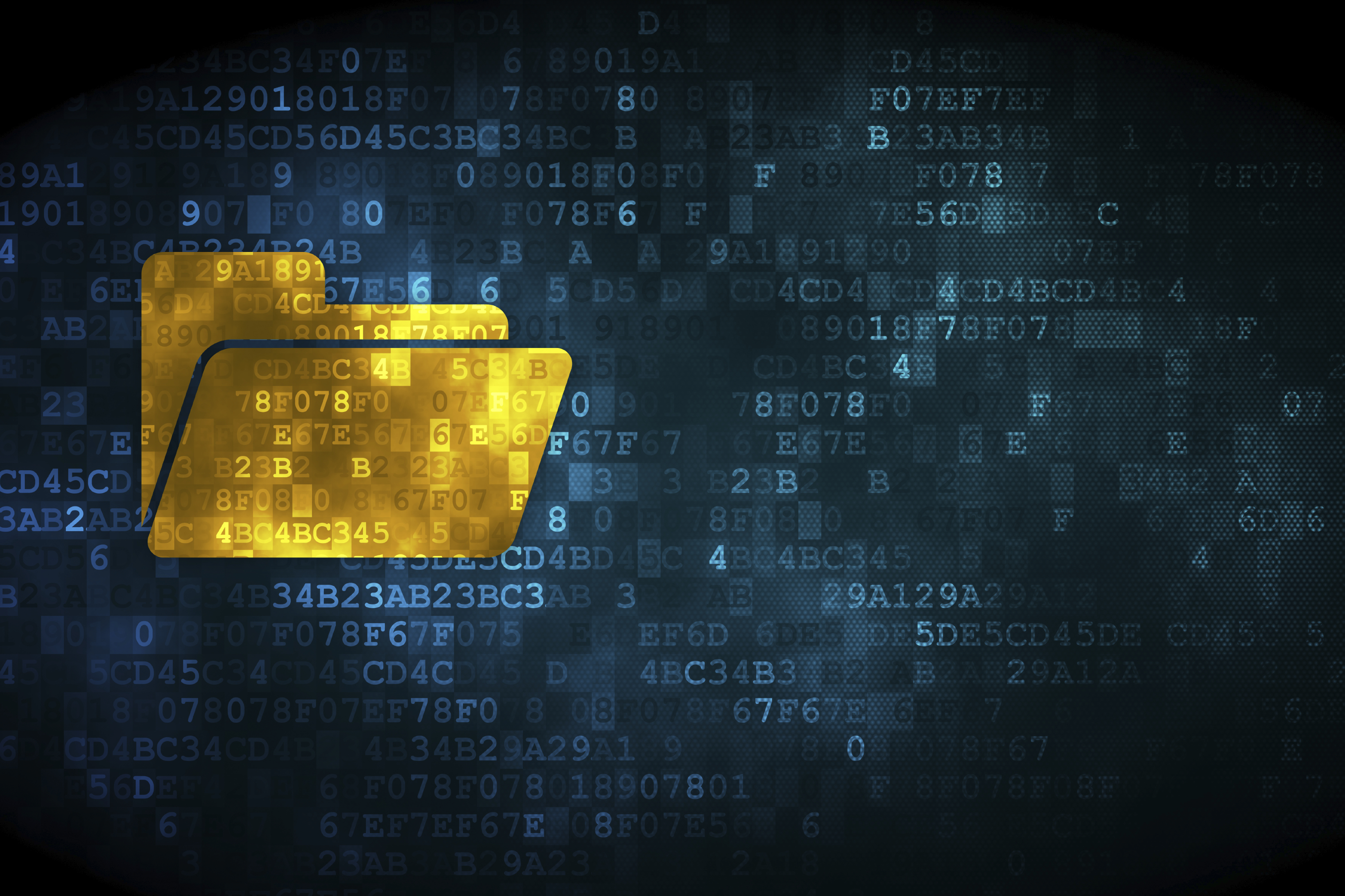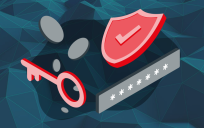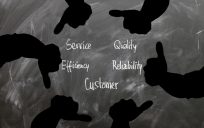Change is scary
When the internet started to hit critical mass in the late 1990s / early 2000s, there were dire stories about how libraries would go the way of dinosaurs, with the expectation that books would be deliberately destroyed like a Fahrenheit 451 dystopia or tossed in a landfill somewhere to moulder quietly.
More generally, there were also predictions about a ‘paperless society’. This would include the end of books as objects; they would only exist as pixels. This move would mean no need for the skills, expertise and quiet brilliance of librarians. After all, you can just Google for answers right? (Actually in 2000 you would ‘Yahoo’ for answers but I don’t think that was ever a term.)
Fortunately neither of those views has become reality.
To panic or not to panic
What has happened over the last 5-10 years is libraries have been exploring how to move from housing collections passively to actively connecting their collections to people in order to create new content. Even creating and supporting makerspaces for people to explore and experiment.
DigitalNZ is a great example of a library – the National Library of New Zealand – looking beyond its walls to find new ways to interact with the public and to help people find new ways of using, combining and sharing digital content. The stated purpose of DigitalNZ is to “make New Zealand digital content easier to find, share and use.”
What is particularly noteworthy is that DigitalNZ has been quietly innovating for ages – no mouldering here! – and sharing what they do with partners and people for about 8 years. What makes it a good example of kiwi ingenuity is that they set ideals but they didn’t sit around waiting for something to magically happen without any effort. DigitalNZ took a realistic look at what was needed and just built it:
- DigitalNZ pulls together the descriptive metadata from diverse digital collections of New Zealand content. They work with organisations in New Zealand, and internationally, across libraries, museums, archives, communities and government to make their digital content searchable at digitalnz.org
- the DigitalNZ API enables developers to find and query the aggregated metadata from across the New Zealand cultural, education, and government sectors and create new digital experiences. enabling use and re-use.
- ‘Make it Digital’ how-to guides – because not everyone is an expert on public domain, copyrights, creative commons licensing, digitising material and creating good metadata. These guides cover all the details and provide the information needed for self service.
- Supplejack – this is the stack that DigitalNZ is built on and they’ve open sourced it. It is a tool for aggregating, searching and sharing metadata records. Supplejack is used to collect metadata about millions of items, from hundreds of data sources, across many different data formats including HTML, RSS, XML, OAI-PMH and RDF/XML. It transforms messy data, creates a unified search index and makes consistent metadata widely available via an open API data service.
And DigitalNZ is good at partnering up:
- For specific projects like GIF IT UP − an international competition in 2014 – jointly run by the Digital Public Library of America and DigitalNZ to find the best GIFs reusing public domain and openly licensed digital video, images, text, and other material available via the search portals.
- To share among organisations like the 184 current contributors making content available through DigitalNZ tools and services. Like the US, New Zealand is a country built on waves of immigration so relevant content can be found in the UK, Europe and beyond.
- To lead work in the digital space. The content in ‘Make it Digital’ is used by other organizations and collections as a best practice resource.
- To support other collections through the Shared Repository, which gives other organizations the option to store access copies of digital items that have nowhere else to be hosted.
Be true to your [digital] self
When I spoke to the manager of DigitalNZ, Fiona Fieldsend, she mentioned an interesting term: data repatriation. DigitalNZ does that on behalf of New Zealanders by finding, establishing (or re-establishing) connections to content that’s relevant. The advantage of a digital environment is that creating a new relationship doesn’t require breaking an existing one. All the partners add to the shared knowledge base. Everyone wins. Especially the people who access the collections.
The original focus of DigitalNZ was on the GLAM sector (galleries, libraries, archives, and museums) but has gone much wider now to include artists, genealogists, film producers, students and collectors of kiwiana [that’s like Americana but with New Zealand stuff].
Back to the beginning
The prediction? An all gloom, after-the-apocalypse view of libraries’ demise. The reality? Wow. Instead of giving up, people used their imaginations to re-create libraries that reflected the societal changes of a world gone digital. Not just a digital version of a physical environment, but something very new.
But wait, there’s more: DigitalNZ is just one of the the National Library of New Zealand’s initiatives. There’s also:
- Papers Past, which contains more than 3 million pages of digitised New Zealand newspapers and periodicals from 1839 to 1948
- Pictures Online, a project to get valuable image collections on the web, and which turned into everyday photographic digitisation work. Thanks to it, there’s now over a quarter of a million images viewable online and more coming all the time.
- The New Zealand Web Archive with the help of the Internet Archive archived notable New Zealand websites that can be viewed like the Wayback Machine.
And lots of other collections to explore.
Cheers
Susan
@SusanCarchedi
www.WebToolKit.govt.nz





Interesting topic and really relevant, I think its important for the future to start looking at innovative ways to share information.
Really cool stuff here Susan! As an avid reader, it’s reassuring to see libraries are taking significant steps to adapt to the digital age.
[…] Source: The Future of Libraries: DigitalNZ is Leading the Way – GovLoop […]
To build off Olivia’s comment I think it’s great to see libraries taking the initiate to adopt themselves to new era needs. And who would’ve though a library in New Zealand would be such a good model for others. So cool.